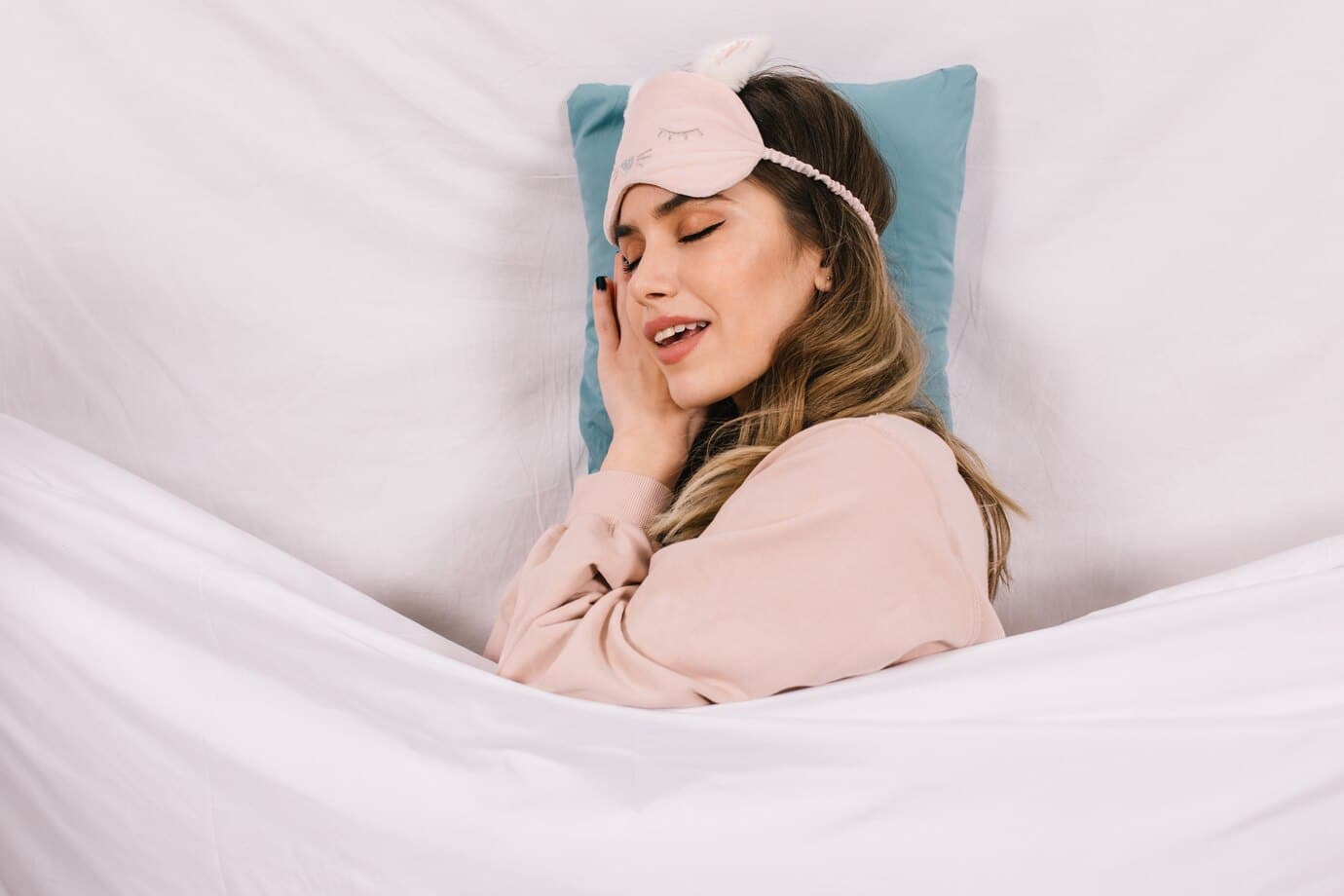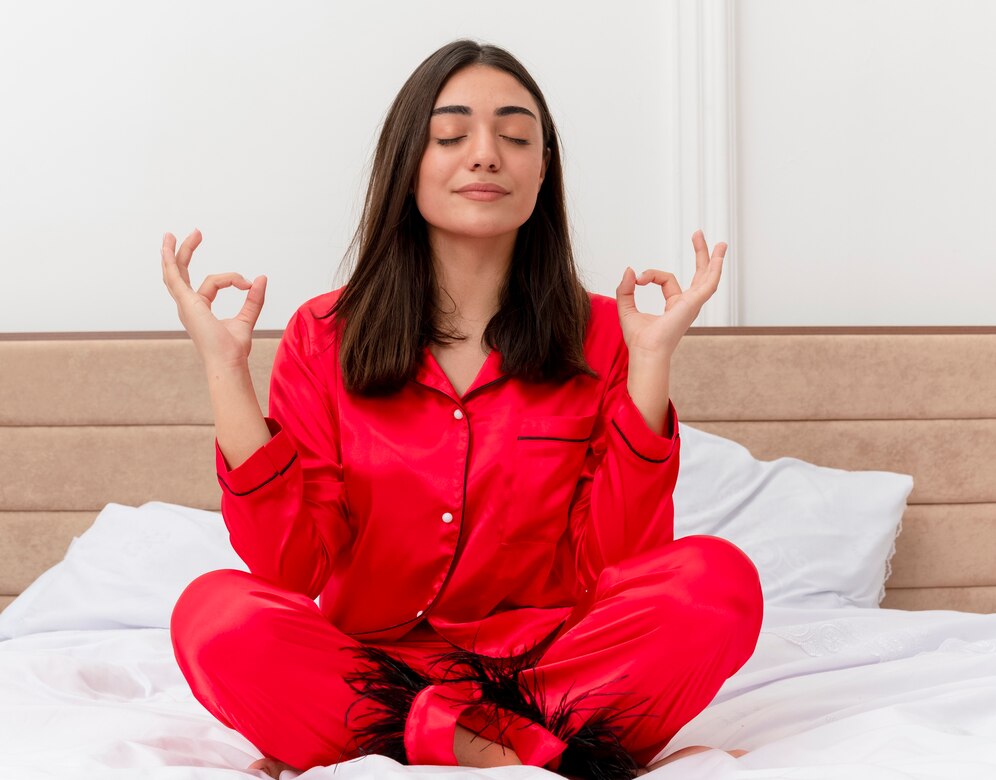
How to Improve Sleep Quality for Better Mental Health
In today’s fast-paced world, sleep is often neglected despite its critical role in mental well-being. Quality sleep is not just about recharging the body. It directly influences emotional resilience, cognitive function, and overall mental health. This guide looks at good sleep habits, natural ways to fix insomnia, and expert tips to boost sleep quality for better mental health.
Quick Guide: How to Improve Sleep Quality for Better Mental Health

- Improving sleep quality is key to maintaining mental health.
- Establishing a consistent sleep schedule, creating a restful environment, practising relaxation techniques, and monitoring diet and exercise can significantly enhance sleep and boost cognitive function and mood.
Key Benefits of Improving Sleep Quality

Sleep is more than just rest. It is essential for optimal brain function, mood regulation, and stress management. Poor sleep is linked to mental health disorders such as anxiety, depression, and increased stress levels. People with long-term sleep problems often face emotional struggles and find it harder to cope.
The NHS recommends 7 to 9 hours of sleep per night for adults. However, many struggle to achieve this due to lifestyle choices and health conditions. Prioritising sleep can enhance cognitive performance, elevate mood, and alleviate mental health symptoms.
Real-Life Applications and Data-Backed Insights
Research confirms the strong link between sleep and mental health. A study in the British Journal of Psychiatry showed that ongoing sleep problems raise the risk of depression and anxiety. Harvard Medical School says that people with insomnia are five times more likely to get depression. They are also 20 times more likely to have panic disorders.
Improving sleep habits helps people build emotional strength. They can handle stress better and feel more positive about life.
Step-by-Step Guide to Better Sleep
- Establish a Consistent Sleep Schedule
- Set a regular bedtime and wake-up time, even on weekends.
- Consistency regulates your body’s internal clock, making sleep more natural.
- Irregular sleep disrupts circadian rhythms and increases cortisol, the stress hormone.
- Create a Restful Environment
- Maintain a cool, dark, and quiet bedroom (optimal temperature: 60-67°F or 15-19°C).
- Invest in blackout curtains, earplugs, or a white noise machine if needed.
- A clutter-free space signals your brain that the bedroom is for rest, not wakefulness.
- Limit Screen Exposure Before Bed
- Reduce blue light exposure from screens at least one hour before bedtime.
- Engage in relaxing activities like reading or a warm bath instead.
- Research from Harvard University found that blue light reduces melatonin levels by up to 50%, delaying sleep onset.
- Practice Relaxation Techniques
- Try deep breathing exercises, meditation, or progressive muscle relaxation.
- Mindfulness meditation has been found to improve sleep quality by 60% in individuals with insomnia.
- Progressive muscle relaxation reduces nighttime awakenings and enhances sleep duration.
- Monitor Diet and Exercise
- Avoid caffeine and heavy meals close to bedtime.
- Incorporate foods rich in tryptophan, magnesium, and melatonin (e.g., almonds, turkey, tart cherries).
- Regular physical activity, particularly aerobic exercises, promotes deeper sleep.
Pro Tip: Consistency is crucial—keep a regular sleep schedule and avoid screen exposure before bed to improve your sleep hygiene.
Additional Expert Tips & Common Mistakes to Avoid

Best Practices for Better Sleep
- Limit naps: If necessary, keep them short (20-30 minutes) and avoid late-day naps.
- Manage stress: Practice journaling or yoga or seek professional guidance.
- Consider natural remedies: Herbal teas like chamomile and valerian root can promote relaxation.
Common Mistakes to Avoid
- Overstimulating before bed: Avoid intense activities, caffeine, and heavy meals late at night.
- Ignoring sleep disorders: Seek medical advice if experiencing chronic insomnia.
- Relying on sleep aids: Overuse of sleep medications can lead to dependency and disrupt natural sleep patterns.
Advanced Insights and Expert Recommendations
- Cognitive Behavioral Therapy for Insomnia (CBT-I)
- A structured program that helps find and change thoughts and behaviours that disrupt sleep.
- Often recommended by sleep specialists for long-term sleep improvement.
- Utilising Sleep Tracking Technology
- Smartwatches and sleep apps can analyse sleep patterns and highlight areas for improvement.
- Monitoring sleep cycles can provide insights into habits affecting sleep quality.
Important: If sleep problems persist, seek professional help, as underlying conditions like insomnia may require targeted treatment such as Cognitive Behavioral Therapy for Insomnia (CBT-I).
Frequently Asked Questions (FAQ)
How many hours of sleep do I really need?
Adults generally need 7-9 hours of sleep per night, but individual needs may vary based on lifestyle, age, and health conditions.
What can I do if I struggle with falling asleep?
Try relaxation techniques such as deep breathing, meditation, or drinking herbal tea before bed. Reducing screen exposure and creating a bedtime routine can also help.
Can naps affect nighttime sleep quality?
Yes, long or late naps can interfere with nighttime sleep. If needed, keep naps under 30 minutes and avoid them in the late afternoon.
How does diet impact sleep quality?
Caffeine, alcohol, and heavy meals before bed can disrupt sleep. Eating foods rich in tryptophan, magnesium, and melatonin can support better rest.
What are some natural sleep aids?
Herbal teas like chamomile and valerian root, lavender essential oil, and melatonin supplements can help you relax. However, consult a healthcare professional before taking supplements.
When should I seek medical help for sleep problems?
Suppose sleep disturbances persist for several weeks and impact daily life. In that case, it’s best to consult a doctor or sleep specialist to rule out underlying conditions such as insomnia or sleep apnea.
The Power of Sleep in Mental Health
Prioritising sleep is crucial for mental and emotional well-being. Small changes to daily routines can significantly improve sleep quality over time. Using effective sleep strategies can boost brain function, improve mood, and lower anxiety.